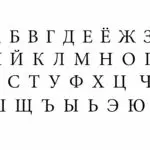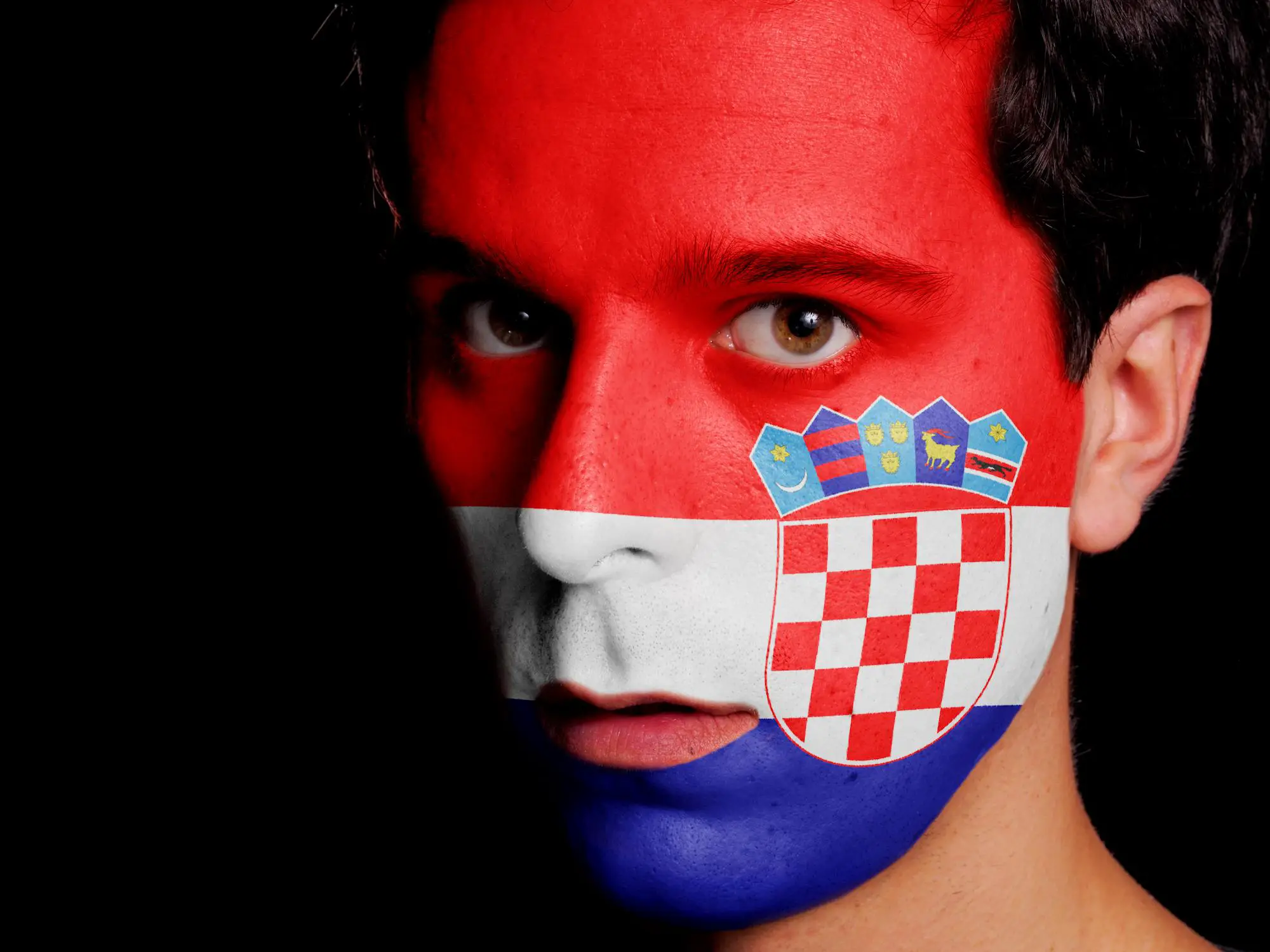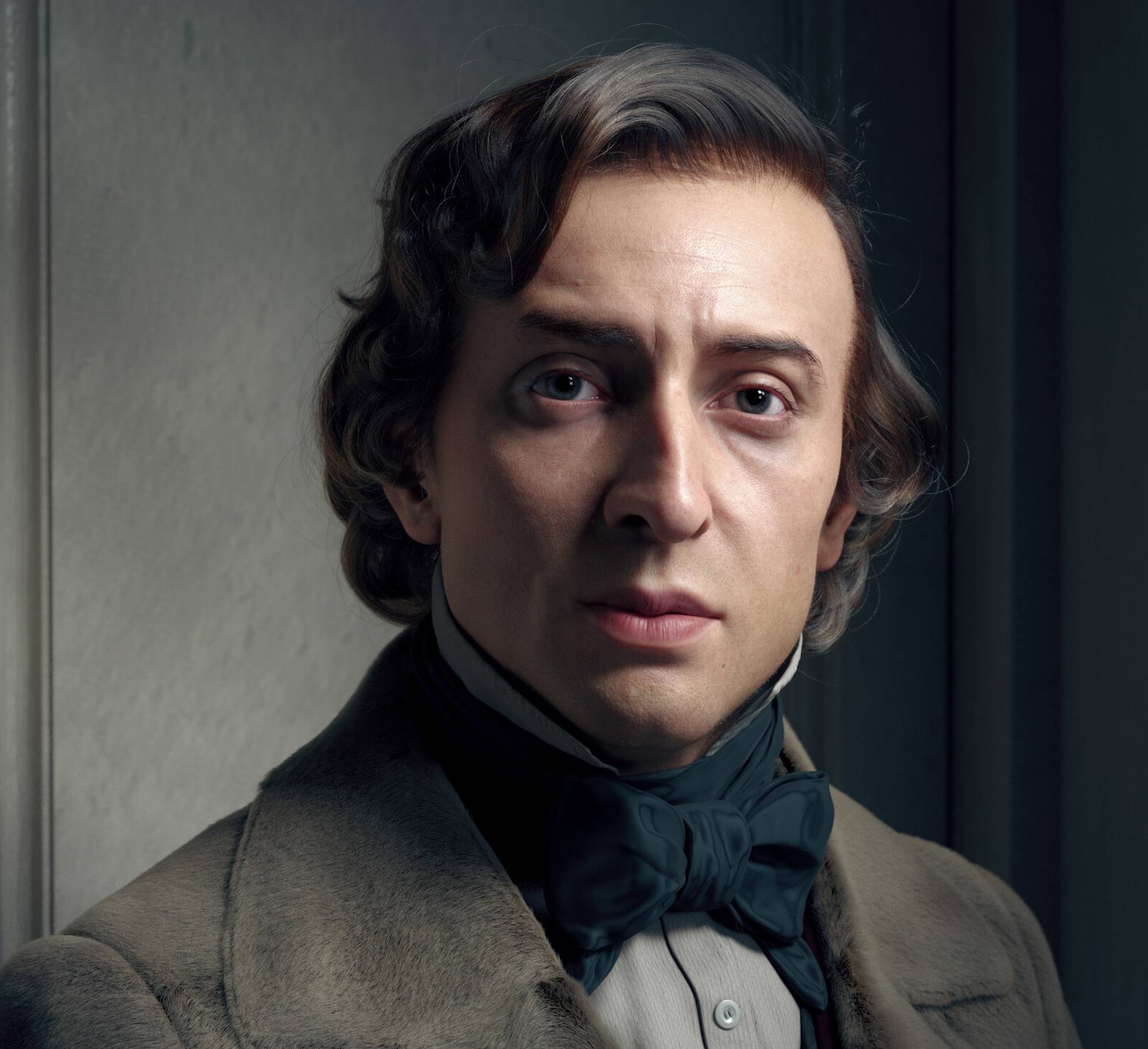Russian authors have created some of the most acclaimed literary works in the world. These famous Russians are known for many enduring novels such as Notes from Underground, and War and Peace.
Russian contemporary art scene is a vibrant place, filled with remarkable Russian artists.
Below we have listed the top Russian authors of all time.
Table of Contents
The Best Russian Authors
6. Anna Akhmatova
We kick off this listicle with a lady. A true Russian soul with a heroic spirit and one that is the personification of integrity, endurance, and will-power. Speaking of Russian authors, we often think of several male classics, and the names of Dostoevsky, Leo Tolstoy, and the like first come to mind. As a matter of fact, Russian literature has a lot of female talent at disposal as well. Another shiny example of what I just mentioned is Marina Tsvetaeva.
Anna Akhmatova is often regarded as a female hair of Pushkin. As one of the most influential poets of the 20th century, she was shortlisted for the Nobel Prize in 1965. Like many other authors of that age, she was a fierce opponent of the Stalinist authorities and therefore often censored and ignored.
This conflict becomes very complicated for her during the time her son is in jail. For a short period then, she even wrote pro-government texts in order to make her son’s destiny a little less brutal.
Her best piece comes, at last, her tragic masterpiece called Requiem. Although the period she lived had many authors and literature of great quality, Akhmatova always stands out with her straight-forward style, simplicity, and authenticity. For world literature, she remains to be one of the strongest and clearest female voices in poetry.
Related post: Best Russian Books
5. Anton Chekhov
A doctor married to an actress. A very specific person, an author for mature age, as most of the literary critics agree. His tone is quiet and skeptical, and he lived for only 44 years.
He is a Russian writer of everyday life, speaking to ordinary people about ordinary topics. His characters speak directly, openly, and in a most humble way to the reader. Maxim Gorki said that when Anton Chekhov dies, Russia will tremble with sadness.
The conclusions of his short stories, of which he is an absolute master, always leave us with a feeling of fright. It often seems that if he wrote just one more sentence, the world would fall apart. Needless to say, he was of a melancholic temper.
He understood people well, which, in turn, enabled him to portray them as close as they were. Besides the short stories, he also wrote plays, with Uncle Vanya being the most popular one. From the stories, must-reads are Ward No. 6, The Little Joke, and the incredibly touching Sorrow. He died of tuberculosis in Germany in 1904.
4. Nikolai Gogol
Gogol is a miracle between the Russian writers! A true outsider, with a noticeable shortage of information on his personal life, especially in his childhood. His life was a tragedy, mainly because of his impression that Russian ideals are not going towards materialization in the real world.
He suffered from what is nowadays called mental illness, and at that time, was usually resolved by the suspicious methods of the church. His spiritual teacher, Father Matija, turned him towards self-punishment and seems like he did him no good at all.
In opposition to what is previously said, his work is full of funny tones, and man cannot help but laugh reading Marriage, The Carriage, and especially the short story The Nose. Another Russian author, Vladimir Nabokov, says that Nikolai Gogol could touch his nose with his tongue.
His comical nihilism gets the reader on a fabulous drive, of which, in the end, one is not sure if anything really happened. This notion holds especially true for one of his greatest novels, Dead Souls. Critics regard him as far more radical than Dostoevsky, and the greatest master of the atmosphere in Russian literature.
3. Alexander Pushkin
In addition to being arguably the best Russian poet of all time, Alexander Pushkin is also important as someone who sets the tone for the generations of future greats by transforming the language. Dostoevsky often speaks to Pushkin through his work, as Tolstoy always gets back to Pushkin when he loses direction in his writings.
Being able to receive a top-notch education in Moscow, he moves to Petrograd, where he becomes a cult between the youth. Because of his satirical approach and critics towards the Tsar, he couldn’t get his songs published. Nevertheless, students and young people learned his songs by heart and would recite his lines publicly as they become a sort of contemporary folklore.
This brought him a lot of trouble, and from the year 1882, Pushkin is under full-time police surveillance. That was also the time he wrote his most famous drama, Boris Godunov. He thought that a man could write poetry only by the age of 30. His novel in verse, Eugeni Onegin, serialized between 1825 and 1832, is one of a kind piece and remains a written treasure not only for Russia but also for the world.
He died at the age of 37 in a pistol duel with his brother-in-law Dantes-Gekkern, that way materializing the prophecy of an old Russian oracle: that his life will be brought to an early end at that very age, either by a white horse or a man white man.
2. Leo Tolstoy
It is very delicate to speak of Leo Tolstoy, as everything about this author seems monumental. During his particularly long time on Earth, he wrote 150 volumes, from which only 90 are critically reviewed today. Just enough for the literary critics to assume The Death of Ivan Ilic as one of the world’s brightest short stories of all time.
In War and Peace, which is another classic work that gained him a reputation of genius, we find an in-detail picture of an aristocratic society living under French invasion. As it was first published serially, he refused to categorize it as a novel and regarded Anna Karenina as his first true novel.
Like most of his main characters, Karerina also revolves around the problem of human pride, an emotion that bothered Tolstoy himself. In the latter stage of his career, he assumed that writing is a form of pride also, and numerous times he tried to stop writing.
Luckily for us, he never maintained this decision long enough and always managed to find his way back. The results? Another brilliant novel called Resurrection, which took ten years of his life. Ten novellas, more than fifty short stories, and countless philosophical essays that establish him as one of the most prominent intellectuals ever.
A complex mind that also leads him to some unfortunate experiences, one of them being the ex-communication of the Russian church in 1901.
1. Fyodor Dostoevsky
For the civilization as we know it today, he is more of a prophet or a blessed fool, with the greatest probability being that his soul contained them both. Coming from an uncomfortable family background consisted of murderers but also priests, the entire foundation of this Russian author lies upon a deep inner conflict, with his work being the cherry on top of his lifelong battle.
In his well-developed characters, we find the base of the European psychoanalysis, as Dostoevsky himself was an inspiration for both Sigmund Freund and Alfred Adler.
During his first rebellious phase, he gives a voice to the voiceless through Poor Folk, which becomes an immediate success. In The Double, he masterfully portrays a dissociated personality, long before it was a thing for the scientific world. During his second, skeptical phase, he publishes Humiliated and Insulted, The House of the Dead, and Notes from Underground. Crime and Punishment is still a must-read classic piece, which almost philosophically enters the sphere of human moral and ethics. The list of gems goes further, with The Gambler, The Idiot, Demons, just to name a few.
The ancient Greeks believed that epilepsy, a condition that Dostoevsky suffered his entire life, is a holy disease. Nowadays, this notion falls under the classification of misbeliefs, and rightly so. People diagnosed with epilepsy are known to lose their intellectual capacities as they get older. Rooting deeply into his third, religious phase, his spectacular last book, The Brothers Karamazov, stands out to emphasize one thing.
This prodigal author is an exception that proves the rule.
Read: Mikhail Nesterov: Prominent Russian Artist













